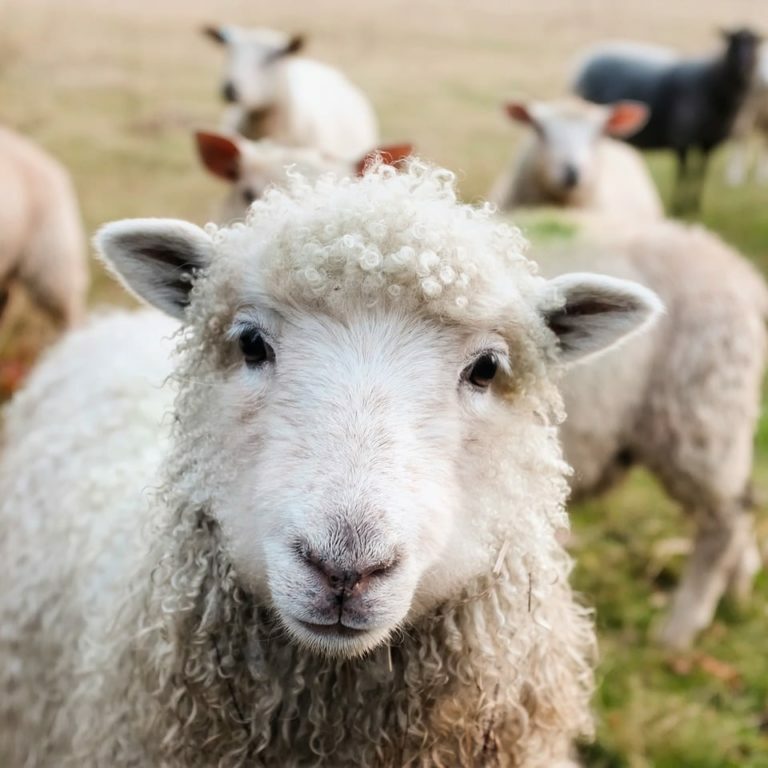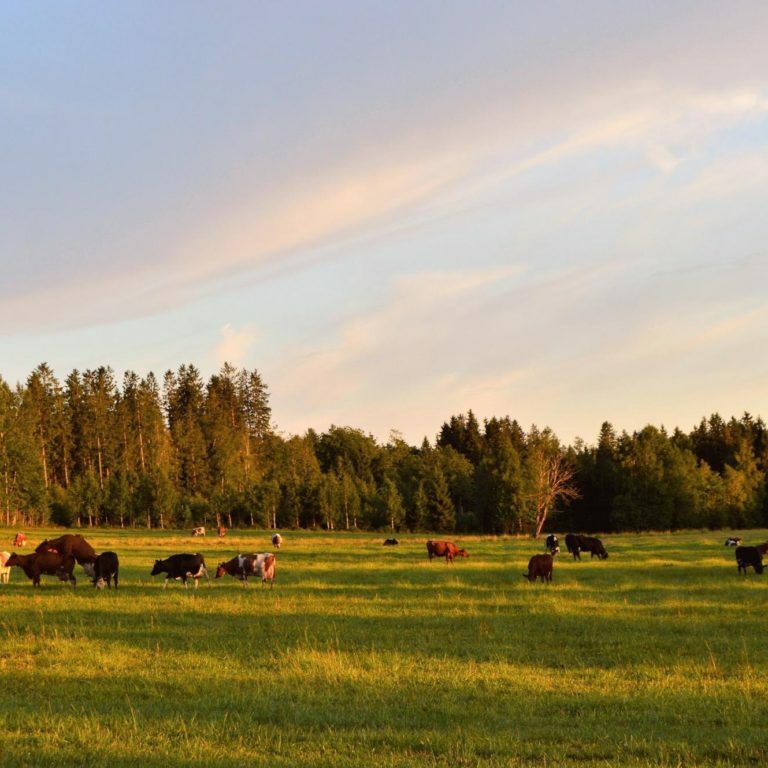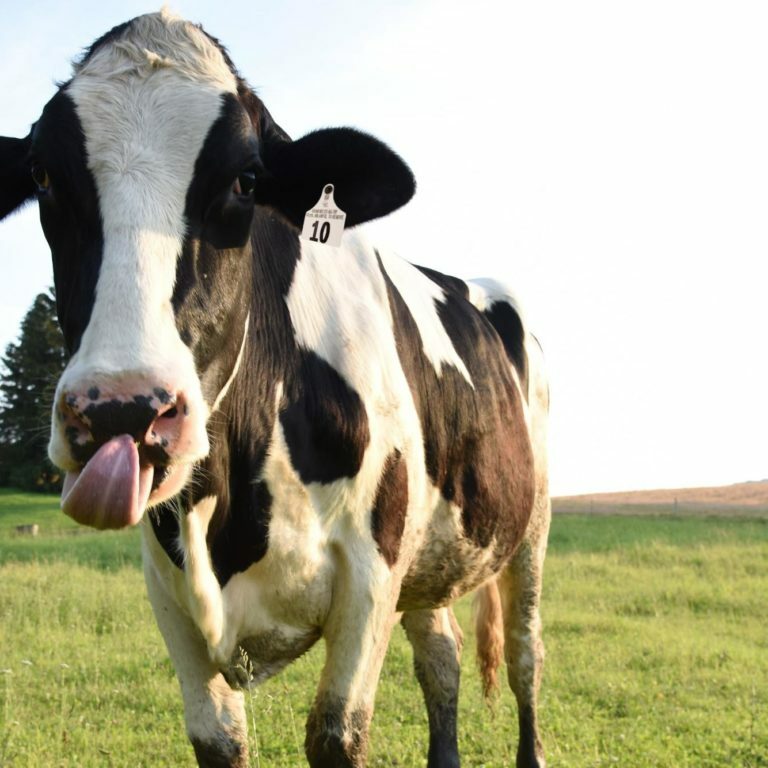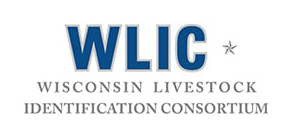WLIC was founded in 2001 through a partnership with CRI, Cooperative Network and the Wisconsin Farm Bureau after the Foot & Mouth Disease Outbreak in the United Kingdom started the conversation about the impact of a disease outbreak in Wisconsin. The founding partners decided to develop a consortium to comprise all livestock species and agriculture interests throughout the state.
The Foundation of WLIC
WLIC's core mission included the following areas of responsibility:
- Premises ID
- Animal ID
- Animal Traceability
The startup funding was obtained through a grant administered by U.S. Department of Agriculture (USDA) and the Animal and Plant Health Inspection Service (APHIS) as a pilot project, and was supported by former Wisconsin Senator Herb Kohl and former Congressman Dave Obey. WLIC was tasked with developing a state-based model for livestock premises registration and traceability.

The Cow That Stole Christmas – December 23, 2003
Nearly five tons of raw beef were recalled by a Washington state meat processing firm on Dec. 24, 2003, because the meat may have been exposed to tissues containing the infectious agent that causes mad cow disease. This came the day after the U.S. Department of Agriculture (USDA) announced that a cow in Washington State had been identified as the first U.S. animal to have the fatal brain wasting disease.
Mad cow disease, formally known as bovine spongiform encephalopathy (BSE), spreads from one animal to another by consumption of feed that has been contaminated by protein, such as blood or meat meal, from an infected animal. Since August 1997, a feed ban has been in place in the United States that prohibits the feeding of protein from cattle back to other cattle.

The potentially tainted meat was shipped from a processing plant in Moses Lake, Washington, to Centralia, Washington, and then on to two other establishments where it was further processed. Although a hastily assembled team of inspectors is now scrambling to determine where the infection entered the animal feed chain, the USDA reported there was a "remote probability of any health risk."
Regardless of the assurances, countries around the world that import U.S. beef suspended their purchases. Japan and South Korea, as well as Hong Kong, Taiwan, Singapore, Malaysia, Russia, and South Africa suspended their imports of U.S. beef products.
Mexico, which takes about a fifth of U.S. beef exports, and Canada, which takes about a tenth of U.S. beef exports, did not immediately suspend exports, although when one case of BSE was found in Alberta, Canada in May, the United States banned beef from Canada for six months.
In 2002, U.S. beef exports were worth $2.6 billion, about 10 percent of all the beef production in the United States.
No More Federal Funding
All federal funding for WLIC would be eliminated after 2012, and WLIC began planning for long-term funding and continued sustainability as an organization. The state legislature determined there would be no charge for the mandatory premises registration.


